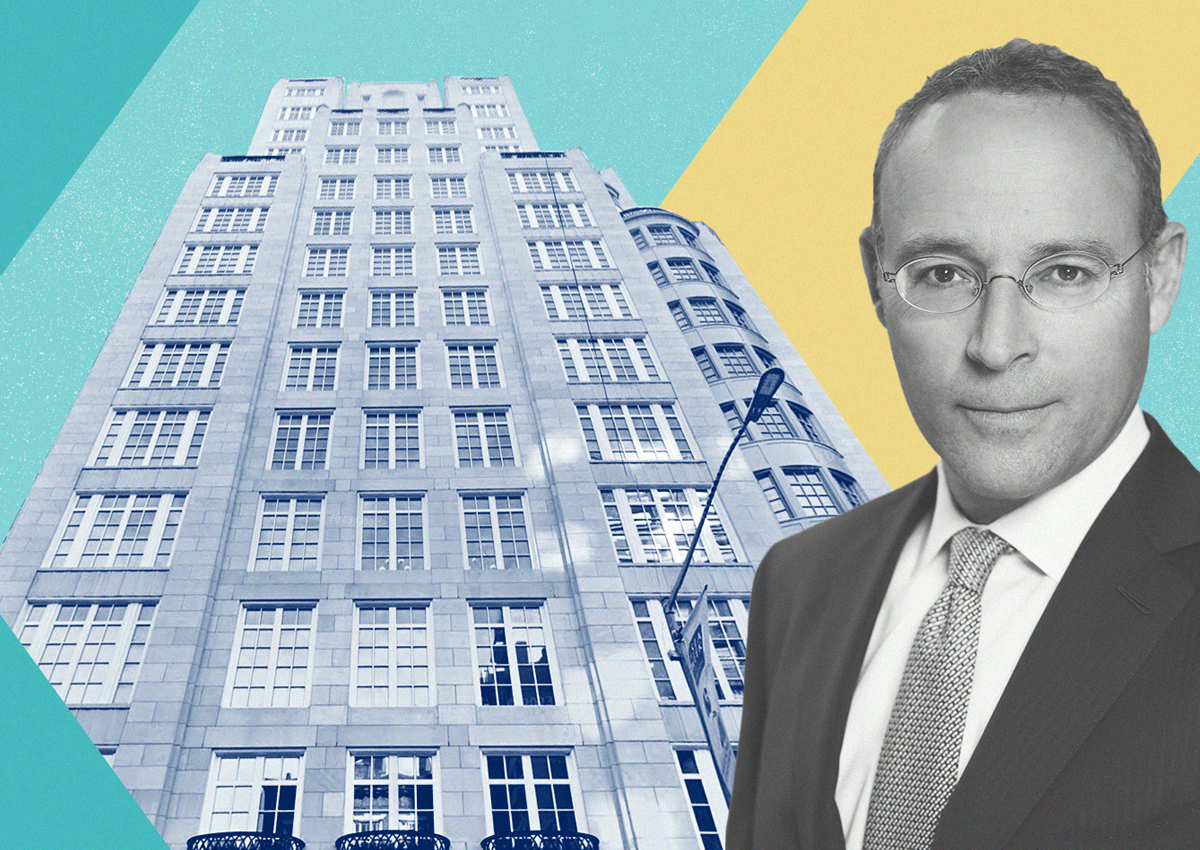StreetEasy is offering brokers another olive branch in the form of an agent advisory board.
The board, composed of 19 brokers from firms of different sizes across the city, gives the listing site a formal channel through which to solicit broker feedback on products and resources.
The full board meets in-person once per quarter and has less formal online meetings on an as-needed basis. Members of the board, which first convened earlier this year, are also treated to private dinners and chances to network around a quarterly meeting.
StreetEasy gathers informal feedback through its business advisors, support team and surveys, but is seeking to “formalize” its channels for soliciting feedback from the industry, StreetEasy spokesperson Casey Roberts said.
The advisory board roster will change every year, according to Roberts, and applications are open for next year’s group.
StreetEasy’s recent programs have been well received by the brokerage community, but the Zillow-owned listing site, which serves as New York City’s defacto MLS, has occasionally drawn its clients’ ire.
Zillow bought StreetEasy in 2013 and soon after started charging brokers for rental listings and lead generation, features which had previously been free. It also allowed brokers to advertise on rivals’ listings and it briefly banned brokers who violated its exclusivity rules before walking back the policy.
That stands in contrast to StreetEasy’s Experts program, an invitation-only tool that only charges brokers after they transact that has been generally well received among agents.
The listing site hit a home run earlier this year with brokers when it announced the launch of products targeting sellers’ leads, which are sometimes referred to as the holy grail of lead generation products. They’re much more likely to lead to a sale than buyers’ leads and can multiply as brokers network at open houses.
“We’ve always had a good relationship with the industry, we’ve always had that open dialogue,” she said. “We’ve had a lot of those channels and continue to have those channels. I think this was just sort of one of the ways we could more formalize it.”
Read more



